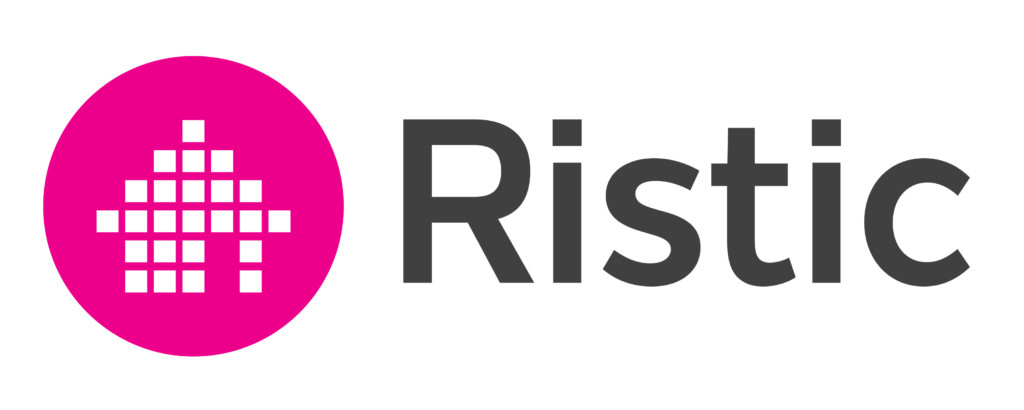| The Costs of becoming a Property Investor
When you decide to become a property investor, there are several unexpected expenses that you need to be aware of. Although investing in property can be financially beneficial, the purchase price of the investment property is just the beginning. There are various upfront and ongoing costs involved.
One factor to consider is fees. Your mortgage on your investment property will include more than just principle and interest payments. You will also need to factor in establishment, legal, and application costs, bank valuation fees, monthly or annual fees, and LMI if you have a deposit of less than 20%. It is crucial to read the fine print as there may be other fees to consider.
Purchasing a property will also incur additional associated costs such as stamp duty (which varies from state to state), building and pest inspections, solicitor or conveyancer fees, legal transfer of ownership, registration fees, and title searches.
Another aspect to keep in mind is insurance. Building insurance is necessary to protect your property against theft, flood, fire, storms, and other risks. Landlord insurance will cover you if your tenants default on rent or damage your property.
There are other costs to consider too, such as repairs and maintenance, renovation costs, pest control, connecting utilities and services, finding new tenants (advertising), land tax, accountant’s fees, legal fees, strata and body corporate fees, and damages if you have problem tenants.
Many property investors forget to factor in council and water rates, which need to be included in overall returns. Additionally, property management fees are also an important consideration. A good property manager will take care of working out the rental value of your property, marketing and viewings for tenants, regular inspections and reports, doing background checks and screening potential tenants, organizing repairs and maintenance, dealing with complaints and other issues, and unemotionally handling legal issues like evictions.
In conclusion, becoming a property investor involves both expected and unexpected expenses. It is important to be aware of these costs upfront so that you can budget accordingly and minimize any potential financial surprises.
Disclaimer: Although all care is taken. We do not give any warranty whatsoever to the accuracy of any content.
This is not meant to be financial or professional advice and is only of general nature. You must seek professional advice before taking any actions. The above information comes with no warranties whatsoever. We take no responsibility for any actions you may or may not take. All content is of general nature only and is NOT to be taken as advice whatsoever
